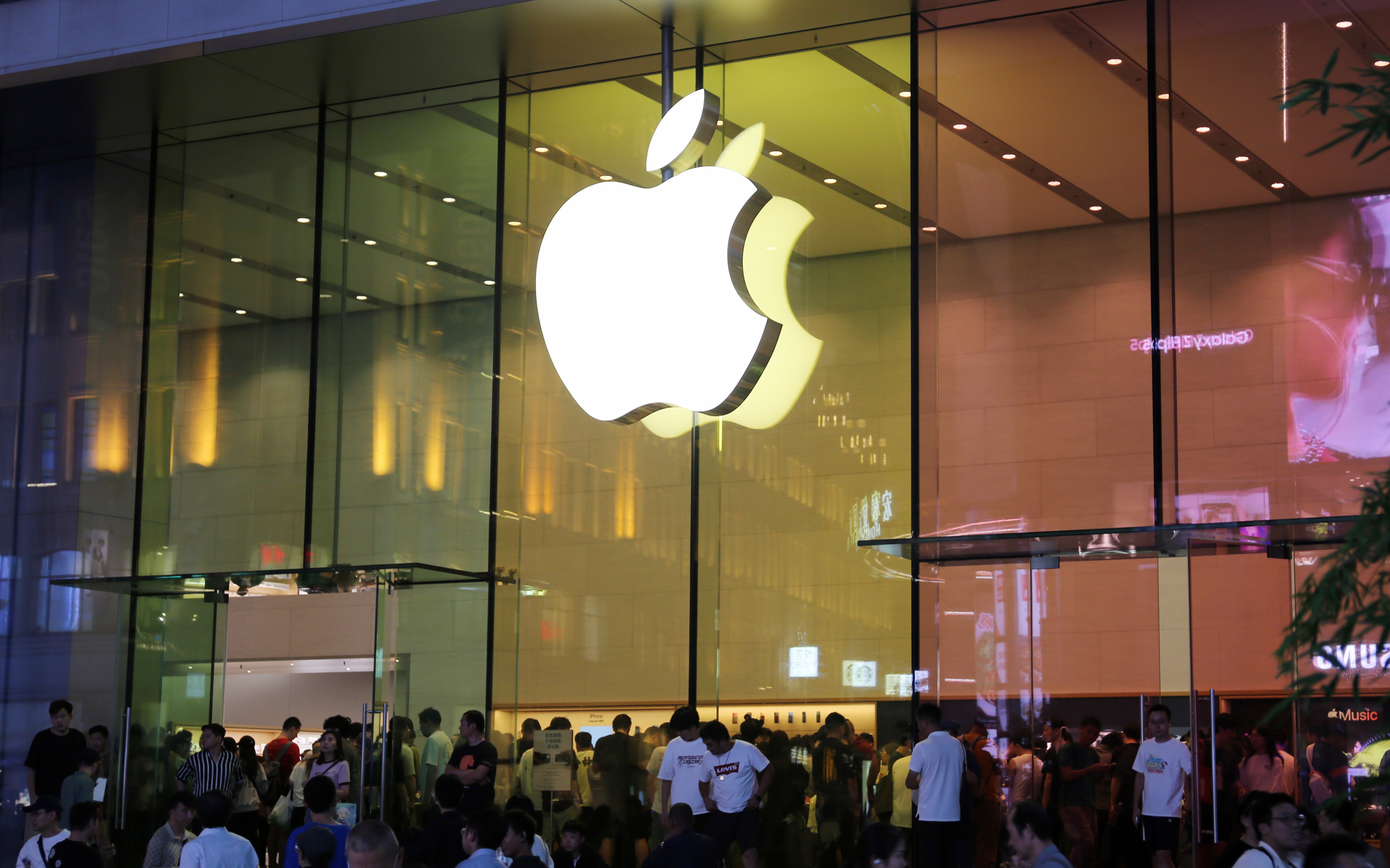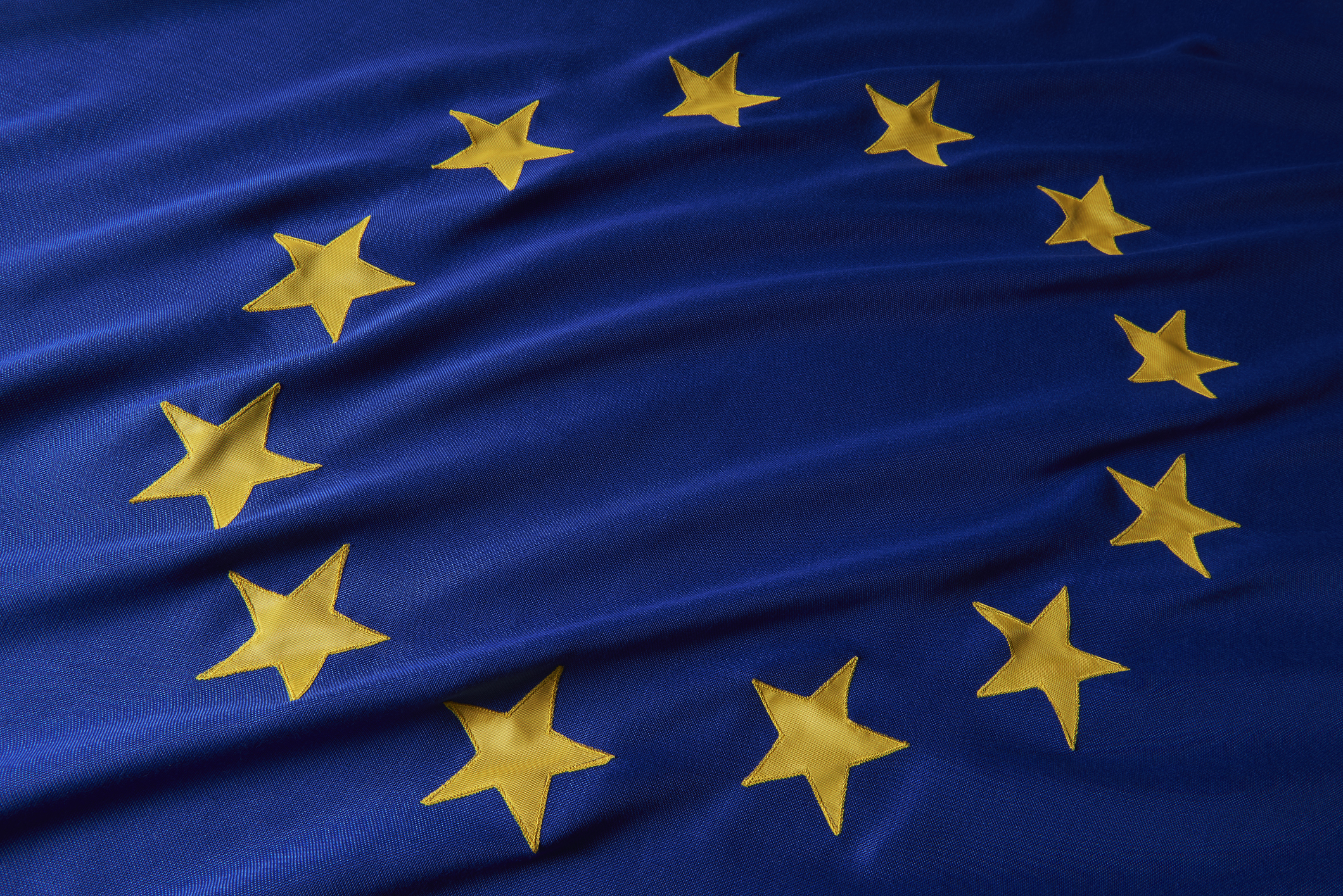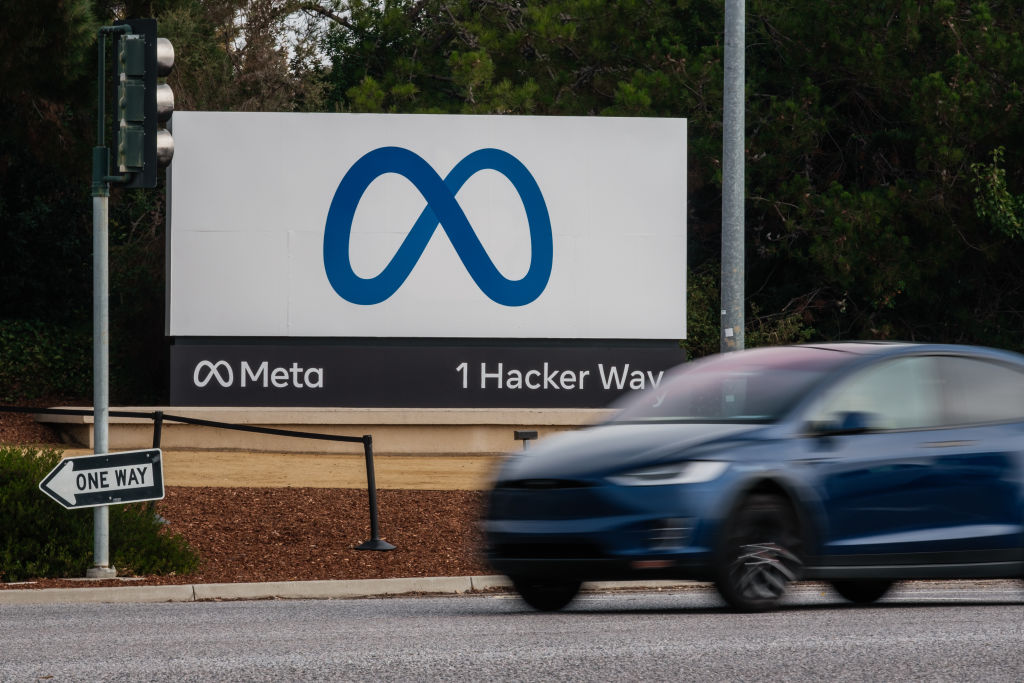Week in Review: Phone hacking and police snooper sackings
This week, with the epic phone hacking scandal still raging on, it's reported hundreds of police have been snooping on data they shouldn't be looking at. What a bunch of naughty so-and-sos...


Sign up today and you will receive a free copy of our Future Focus 2025 report - the leading guidance on AI, cybersecurity and other IT challenges as per 700+ senior executives
You are now subscribed
Your newsletter sign-up was successful
On Thursday afternoon, scores of Twitter denizens went ape when the News of the World announced its final edition would be this Sunday's rag.
They weren't particularly furious about the end of NOTW, more about a host of journalists losing their jobs thanks to the paper's chief executive keeping hers.
But there were other reasons to be cheerless this week, as some FOI requests revealed hundreds of police employees had been found in breach of the Data Protection Act.
Over 900 police officers and staff in the UK were subject to internal disciplinary procedures thanks to DPA breaches, whilst 98 were given the chop for their offences.
So it isn't just journalists (IT Pro not included of course!) who've been spying on you
Roaming in white spaces
So called "white spaces" don't signal some kind of return to segregation. They in fact offer a chance for truly remote locations to get half decent broadband something Ofcom recognised this week.
Sign up today and you will receive a free copy of our Future Focus 2025 report - the leading guidance on AI, cybersecurity and other IT challenges as per 700+ senior executives
BT and a promising little start-up called Neul have both been pushing the case hard for exploitation of white spaces, so super rural areas can get connections. Imagine the day when we can catch up on the latest episode of Antiques Roadshow via iPlayer from our countryside mansion homes. Spiffing.
What's more, it might not even be that expensive to view web video when on holiday, thanks to European Commission proposals. If the EC gets its way, we'll soon have cheaper data costs and won't need to remortgage our homes just to download the latest Angry Birds when backpacking around the continent. Even Skyping on Facebook whilst abroad might not cost you an arm and a leg
Humans beat computers
The entire human race should also thank ARM this week, after it effectively proved the human brain is more powerful than even the most high-powered machine.
A "massive computer" using one million ARM processors, to be used in a project to mimic the brain, will still represent only one per cent of the brain's capacity. No doubt many of you have stopped building your panic rooms in preparation for an impending man vs. machine, Terminator-esque war, right?
Of course, it may say more about ARM chips than human superiority you decide.
Tom Brewster is currently an associate editor at Forbes and an award-winning journalist who covers cyber security, surveillance, and privacy. Starting his career at ITPro as a staff writer and working up to a senior staff writer role, Tom has been covering the tech industry for more than ten years and is considered one of the leading journalists in his specialism.
He is a proud alum of the University of Sheffield where he secured an undergraduate degree in English Literature before undertaking a certification from General Assembly in web development.
-
 Sumo Logic expands European footprint with AWS Sovereign Cloud deal
Sumo Logic expands European footprint with AWS Sovereign Cloud dealNews The vendor is extending its AI-powered security platform to the AWS European Sovereign Cloud and Swiss Data Center
-
 Going all-in on digital sovereignty
Going all-in on digital sovereigntyITPro Podcast Geopolitical uncertainty is intensifying public and private sector focus on true sovereign workloads
-
 EU lawmakers want to limit the use of ‘algorithmic management’ systems at work
EU lawmakers want to limit the use of ‘algorithmic management’ systems at workNews All workplace decisions should have human oversight and be transparent, fair, and safe, MEPs insist
-
 European Commission calls for cyber security proposals
European Commission calls for cyber security proposalsNews With a special focus on healthcare, the Commission is looking to allocate €145.5 million
-
 Forcing Apple to allow alternative app stores might cause major security risks
Forcing Apple to allow alternative app stores might cause major security risksAnalysis Apple will be forced to allow third-party marketplaces on its devices, but some experts have raised serious security concerns
-
 Why bolstering your security capabilities is critical ahead of NIS2
Why bolstering your security capabilities is critical ahead of NIS2NIS2 regulations will bolster cyber resilience in key industries as well as improving multi-agency responses to data breaches
-
 New EU vulnerability disclosure rules deemed an "unnecessary risk"
New EU vulnerability disclosure rules deemed an "unnecessary risk"News The vulnerability disclosure rules in the Cyber Resilience Act could also cause a “chilling effect” on security researchers
-
 Are you ready for NIS2?
Are you ready for NIS2?WEBINAR Find out what you should be doing to prepare for the EU’s latest data protection regulation and UK equivalent with our free webinar
-
 EU regulators are digging their heels in despite big tech’s Data Act pushback
EU regulators are digging their heels in despite big tech’s Data Act pushbackAnalysis EU regulators are no strangers to big tech regulatory push back, so why do companies still persist?
-
 Latest Meta GDPR fine brings 12-month total to more than €1 billion
Latest Meta GDPR fine brings 12-month total to more than €1 billionNews Meta was issued with two hefty GDPR fines for “forcing” users to consent to data processing
